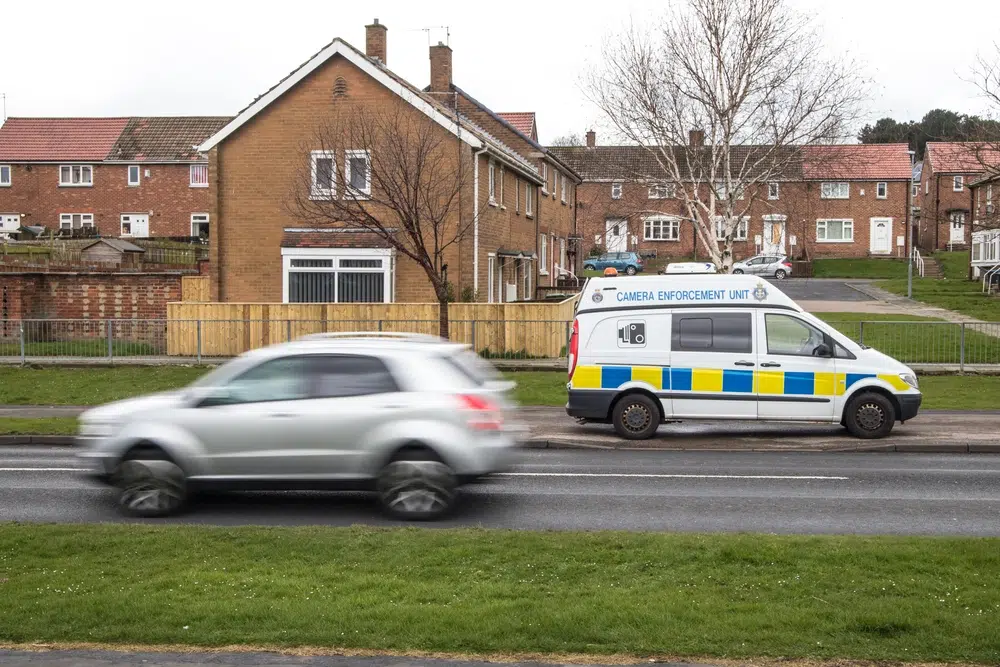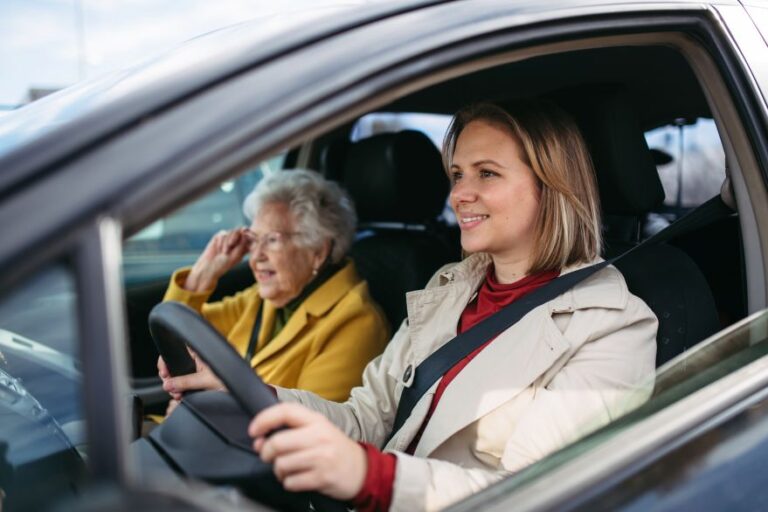Headlines are swirling again about whether drivers over 70 need to take eye tests to keep their licences. It’s reignited one of the most divisive debates on UK roads: who’s really safer behind the wheel – young drivers or older ones?
Insurers have already have their say: both groups are considered higher risk. That’s why premiums spike for 17-year-olds and again for drivers over 70. But the real story? It’s more nuanced than age alone. Let’s break it down.
Youth vs experience
Here’s the stats. Over 150,000 male drivers aged 17–25 already have penalty points. Age 25 is the peak for points, but remember, they stick around for four years, so some infractions happened earlier.
Young male drivers are the clear frontrunners for risky behaviour. At age 30, 11.4% of men have points vs. just 5.6% of women. That’s more than double. Meanwhile, female drivers peak much later – age 45 – with 6% carrying points.
Older drivers, on the other hand, tend to be more cautious. Insurance data shows they’re less likely to speed or use mobile devices while driving. That’s why drivers over 60 often enjoy cheaper premiums.
But once drivers hit 70, they must renew their licences, and then every three years after that. That causes a sharp drop in the number of registered drivers, which skews the percentage of those with points. Fewer drivers = higher percentage, even if the actual number of offences is low.

Who’s being targeted?
Drivers in both young and old camps might be feeling targeted in recent months, with proposed motoring reforms. Last year, the AA proposed a controversial rule: drivers under 21 should be banned from carrying passengers of a similar age for six months after passing their test. Peer pressure, distractions, and not wearing seatbelts are real risks for new drivers, according to campaign group Brake.org.
Meanwhile, the UK is one of just three European countries that relies on drivers to self-report eyesight problems. That means unless you tell the DVLA you’re struggling to see, no one checks. For older drivers, that’s a potential safety hazard. You already have to renew your license every three years once you turn 70, so compulsory eye tests could become a part of this process.
What are the risk factors?
When it comes to driving risks, age isn’t just a number, it’s a pattern. Both young and older drivers face unique challenges on the road, and understanding these can help explain why insurers often treat them as high-risk groups.
Young drivers, especially males aged 17–25, are statistically more likely to rack up penalty points, and fast. Here’s why:
- Speeding: The thrill of the open road and a lack of experience often lead to speeding violations. It’s one of the most common offences among new drivers.
- Peer pressure: Driving with friends can be a recipe for distraction. Studies show that young drivers are more likely to take risks when passengers are of a similar age.
- Mobile phone use: Despite the law, phone-related offences remain high among younger drivers, especially when it comes to texting or using social media behind the wheel.
- Overconfidence: Just-passed drivers may feel invincible, but confidence without experience can lead to poor decision-making and increased accident risk.
Older drivers bring decades of experience, but age-related changes can quietly impact safety:
- Vision decline: The UK relies on self-reporting for eyesight issues, meaning many older drivers may be on the road with impaired vision, without ever being officially checked.
- Slower reaction times: Age naturally affects reflexes. In high-speed or unexpected situations, older drivers may struggle to respond quickly enough.
- Memory and cognitive function: While not universal, some older adults may experience mild cognitive decline, which can affect navigation, attention, and decision-making.
So, who are the safest drivers?
It’s not a simple answer. Young drivers rack up more points, especially men. Older drivers may face eyesight challenges and slower reaction times, but they’re generally more cautious and experienced.
Whether you’re fresh on the road or renewing your licence at 70, our local teams are here to guide you. From telematics to tailored policies, we work with insurers to help you find the right cover for your driving profile.
Curious about how your age affects your premium? Search Howden Insurance to find your local branch and speak with one of the team.
Sources: DVLA, Apteco, BBC News
You could also read:
- The UK towns where you’re most likely to pass your theory test
- Garden builds & boundary battles: what’s allowed
- Britain’s car thieves have a new target
- Rental laws are changing – landlords, are you covered?
- What the Bank of England base rate cut means for you
This is a marketing blog by Howden Insurance.

